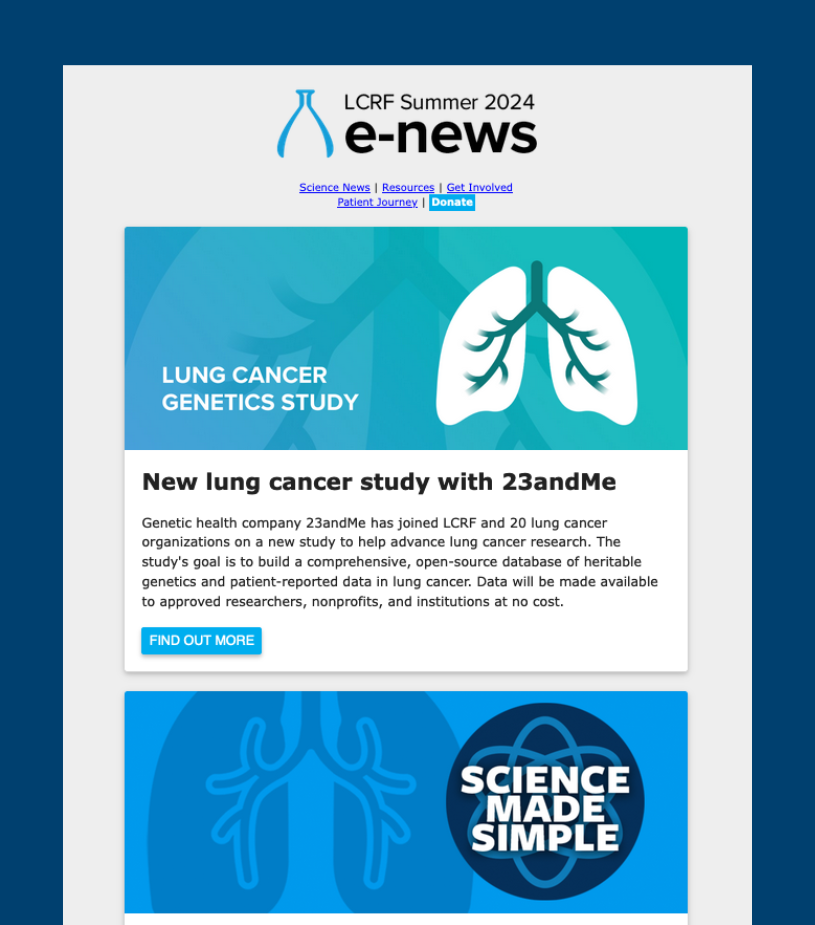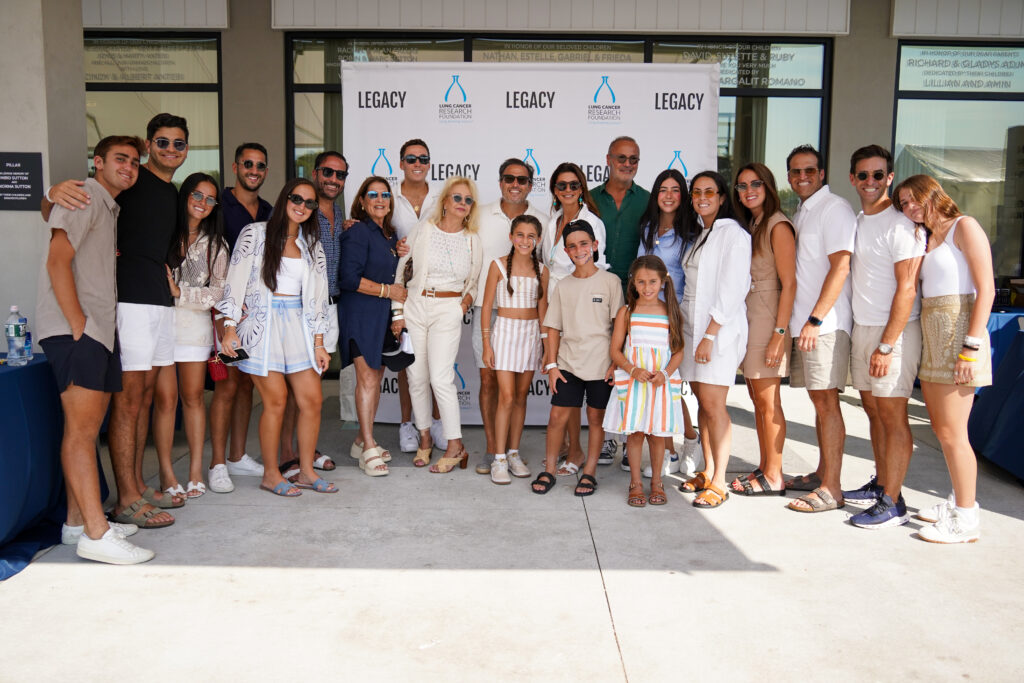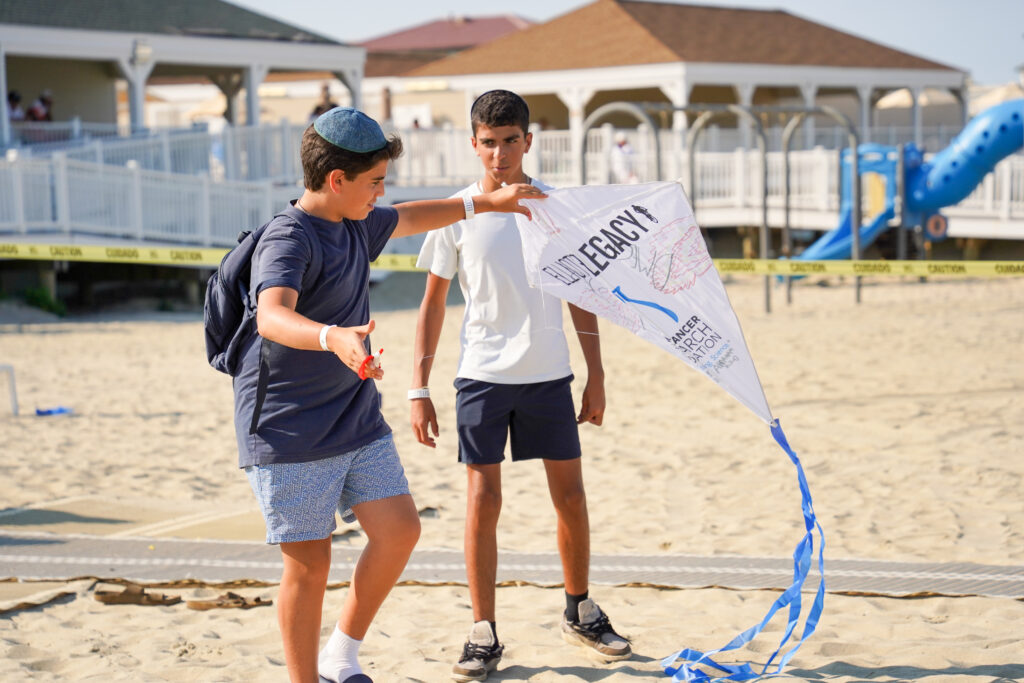
The good news
The 5-year outcomes of the CROWN trial were presented at the annual American Society of Clinical Oncology (ASCO) meeting with results showing the longest progression-free survival in anaplastic lymphoma kinase positive (ALK+) non-small cell lung cancer (NSCLC) to date.
Why it’s important
The standard of care for the first-line treatment of patients with advanced ALK+ lung cancer is an ALK tyrosine kinase inhibitor (TKI). Lorlatinib is a third generation ALK-TKI. The CROWN study is a Phase 3 trial in which 296 ALK+ patients received crizotinib, a first generation ALK-TKI, or lorlatinib.
The initial results of the trial showed that lorlatinib was superior to crizotinib1 and it is FDA approved for the treatment of metastatic ALK+ NSCLC. The update presented at the ASCO meeting revealed that after 5 years of follow-up, the median time of disease control or progression-free survival was not yet reached for lorlatinib and was only 9.1 months for the patients treated with crizotinib. At 5 years, 60% of the patients receiving lorlatinib still had no progression of their disease. Loratinib also demonstrated both superior control of existing brain metastases and a reduction in the eventual development of brain metastases.2
What It means for patients
Lorlatinib is very effective in the treatment of patients with advanced ALK+ NSCLC. Of importance is its ability to control existing brain metastases and prevent the development of new central nervous system disease. There were no new side effects of concern related to the longer time on treatment. Side effects associated with lorlatinib treatment can include increased cholesterol and triglycerides, weight gain and cognitive effects among others. Patients should always discuss risks and benefits and options for treatment with their oncologist.
What to look for
Progress is being made in the treatment of metastatic ALK+ NSCLC. Unfortunately, these new advancements do not represent a cure for the vast majority of patients. It is very important to determine how cancer cells develop resistance to treatment. Look for new research in overcoming resistance and novel approaches to treatment.
- Shaw A, New England Journal of Medicine, 2020
- Solomon B, Journal of Clinical Oncology, doi:io.1200/JCO.24.00581, 2024












